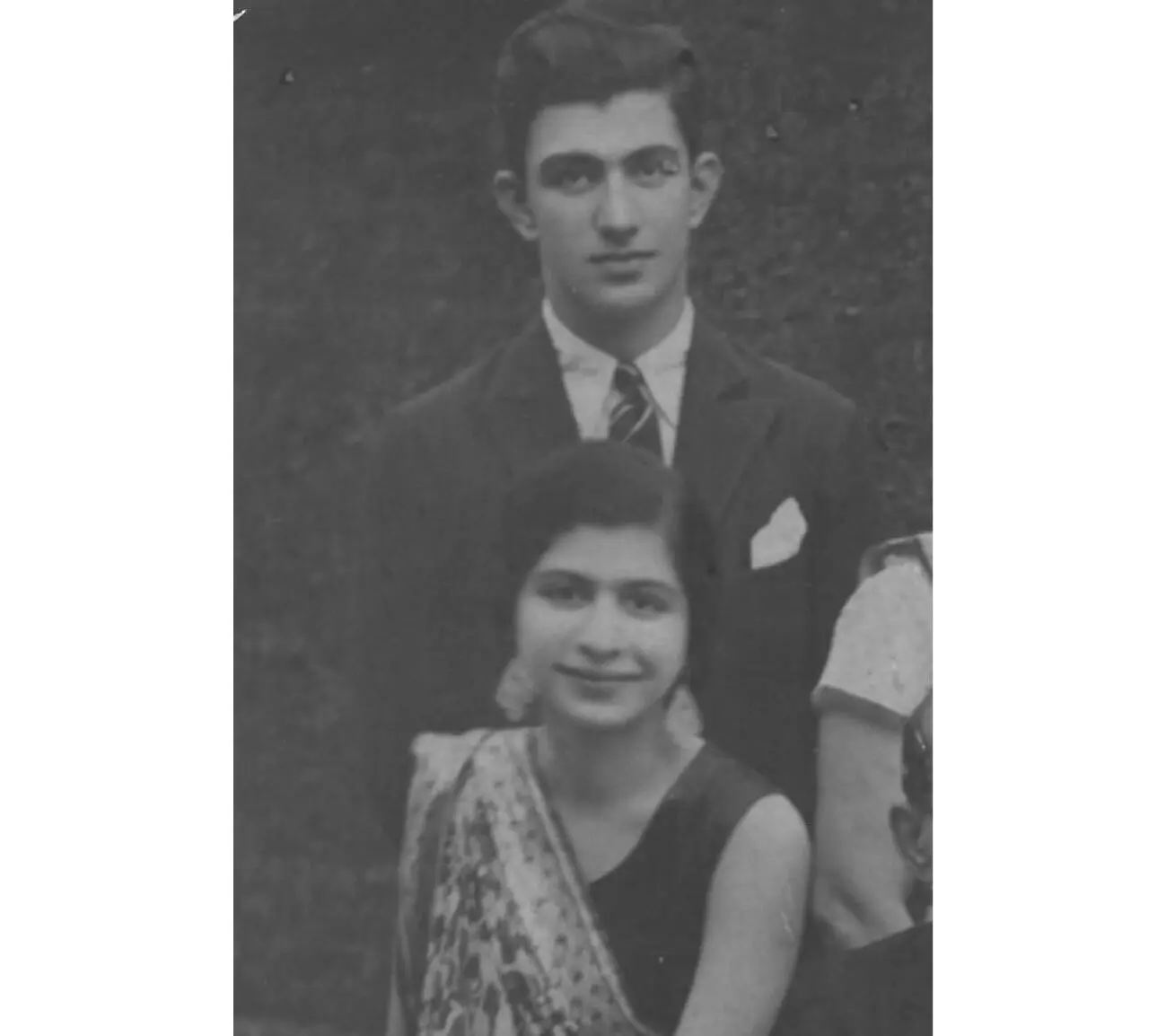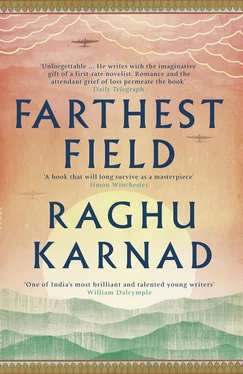I might have tried to write a novel, but I knew there was nothing I could invent that would outdo the true, brief course of their lives. Instead I approached this book through what I think of as forensic non-fiction: I started out with three unknown, dead men on my hands. Who were they? How did they die, and where, and what took them there? The result is my best shot on the case of the three brothers-in-law turned brothers-in-arms. To deal with their interior lives, which I was determined to do, I took a sort of forensic licence, using fragmented evidence and testimony to build an account of their thoughts and beliefs. This was a compromise, but one that helped me confront the paradox, which only grew in magnitude, of becoming familiar with forgotten men. That apart, I have limited all incidents, anecdotes, speech, and details of movements, operations, environment and milieu to what I learned from interviews or records, or could generally establish as fact. 1
Even what I have categorised as facts are often themselves a kind of fiction, reshaped and revised during their long storage as personal and institutional memories. Nothing drove this home like my face-to-face interviews with Indian veterans of the war. Most were in their nineties. Many remembered their twenties as well as I do mine, but their answers, especially to the question of why they joined a colonial army, seemed to have been mentally corrected over their much longer service in the army of free India. In general, their memories, like all memories, were smoothed and polished by time, as pebbles in a stream. Many of the claims of Army histories and memoirs may be just as unreliable: shaped by agenda, nostalgia and pride.
So this story is imperfect, live flesh drawn over skeletons rebuilt from scattered bones. But it is one in which the lives of a few might stand in for many others. One of the felicities of these men’s lives was how they captured, in reflection, the hidden landscape of India’s Second World War. But whether or not any single book could document India’s engagement, this book does not. It is not a scholar’s history, no more than it is a traditional biography. Rather it is an exercise in reaching into darkness and considering what is retrieved.
I have not strained to depict events too far outside the circumference of the characters’ lives – especially not those which are best remembered, such as the explosion of the freighter Fort Stikine in Bombay harbour, or the battles of the Italian campaign. This book is less about the devastation of total warfare than about private apocalypse reaching people in places very far away from the war as we have come to imagine it. The limits of documentation mean that many elements of their personal lives are missing, such as relationships within their units, especially with orderlies, jemadars or other ranks. These would have been powerful bonds, but were recorded nowhere that I could find. This is a story about being lost in the middle, and one way that this appears is that its characters are from a middle class. It was a class better informed and generally more politicised than Indians of the ranks; it was the class that staffed the leadership of the Freedom movement as well as of the Indian Civil Service. Their legend is not one of heroic conviction and unity, but of ambivalence and division, which only grew deeper over the course of the war.
When the war was over, the Indian Army – and the more than two million men and women who served in it – found that they had spent the past six years on the wrong side of history. Ever since, having fought for free India would be the price of admission into national memory. Those who survived still had a chance to earn that coin, and many did, in the new wars that began almost at once. But those who died would be left to lie, in silent cemeteries where words carved in marble insisted to nobody: ‘Their Name Liveth For Evermore’. Their faces were lit by the candlelight of private memory, till even that dwindled and was gone.
People have two deaths: the first at the end of their lives, when they go away, and the second at the end of the memory of their lives, when all who remember them are gone. Then a person quits the world completely.
War brings the two deaths close, because it chooses young people most deliberately to die. If he died at twenty-five, those who loved him still had long journeys to make, with little of his to carry with them. He had barely begun to live in the first place. Their lives had barely begun either. Eventually he is kept more as a photograph than a name, and even the photo sinks under the layers of their life’s increase. People can have two burials.
Countries keep alive the memory of the war dead: their own and their enemies’. Usually the war dead are remembered best of all, killed more easily than they are forgotten. But sometimes even countries try to forget their wars, and the second death, of the idea of you, closes in.
Death is a field from which no one returns. The second death is the farthest field of all. That was where I found Bobby, trying to cross.

Bobby and Nurgesh Mugaseth in Calicut

Bobby

Ganny

John Wright

Bobby and classmates at Guindy College

Nugs (second left) in Calicut
PART ONE
Home
1
Calicut, 1936–39
It is said that the news of the world war reached Calicut along with the morning eggs. Perhaps that isn’t true at all. Perhaps it’s only true that the price of eggs was the first the Calicut Parsis saw of the costs of war; the first of many. Maybe they remembered what happened to the price of eggs, even years and years later, because they wanted to forget what happened to the boys.
If, however, it is true, then it must have begun with a commotion at the Marshall house, nearest the pier. The noise would have been swallowed by the rowdy waves of dawn, on a sea swollen by the late monsoon. If Bobby had been in Calicut, he would have been there in an instant. Rounding the corner to the beach road, he would have spotted the egg boy cowering behind his bicycle; then the Marshalls’ cook, aggrieved, wiping his neck with the tail of his checked-cotton mundu; then Keki Marshall, hollering as though he meant to argue the sun back into its bed. He would bloody well not pay four annas a dozen. Not for eggs. Whatever conspiracy of grocers, hoarders and bastards thought they could double the price of eggs overnight, they were going to learn differently from him, war or no war.
But did someone say war?
The egg boy may have been told that rationing and shortages were expected, and eggs would be priced up as a precaution. But he couldn’t have explained about the Panzers in Poland, the craven declaration from London, or the Viceroy in Delhi already committing India and Indians to the fray. Instead the egg boy fled. He wobbled his bicycle a safe distance from the gate and rested a moment, calming himself down. Ahead of him was a full street of Parsi homes. He knew precisely how many eggs they took. He knew he was going to catch hell at each doorstep. He couldn’t imagine the hell he was going to leave there.
Читать дальше


















